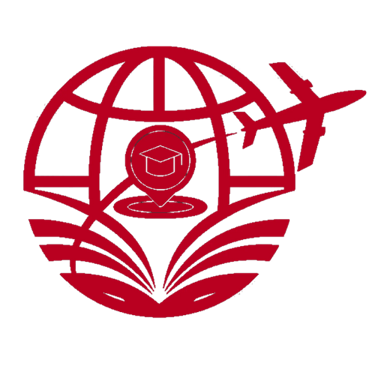
MAY 2025
Intake

1. Why Study in Canada?
World-Class Education: Canada is home to some of the top universities in the world, known for their academic excellence and research opportunities.
Affordable Tuition Fees: Compared to other popular study destinations, Canada offers high-quality education at reasonable costs.
Cultural Diversity: A welcoming multicultural society with students from all over the globe.
Post-Graduation Work Opportunities: Canada provides pathways for international students to gain work experience and apply for permanent residency.
Safety and Quality of Life: Consistently ranked as one of the safest and most livable countries in the world.
2. Popular Study Programs
STEM (Science, Technology, Engineering, and Math): Engineering, Data Science, Artificial Intelligence.
Business and Management: MBA, Finance, Marketing, Entrepreneurship.
Health and Life Sciences: Medicine, Nursing, Public Health, Biotechnology.
Social Sciences: Psychology, Sociology, Political Science.
Creative Arts and Media: Animation, Film Studies, Design.
3. Top Universities in Canada
University of Toronto
McGill University
University of British Columbia (UBC)
University of Alberta
McMaster University
University of Waterloo
Western University
4. Cost of Studying in Canada
Degree TypeAnnual Tuition Fee (Approx.)Diploma/Certificate ProgramsCAD $10,000–$18,000Undergraduate ProgramsCAD $15,000–$35,000Postgraduate (Master’s)CAD $18,000–$40,000Doctoral Programs (PhD)CAD $20,000–$45,000
Living Costs: CAD $10,000–$15,000 annually, including accommodation, food, and transportation.
5. Intakes in Canada
IntakeTimelineFall IntakeSeptemberWinter IntakeJanuarySummer IntakeMay (limited programs)
6. Scholarships for International Students
Government-Funded Scholarships:
Vanier Canada Graduate Scholarships
Canada-ASEAN Scholarships
University-Specific Scholarships:
University of Toronto Lester B. Pearson International Scholarships
UBC International Leader of Tomorrow Award
Other Scholarships:
Canadian Commonwealth Scholarship Program
Trudeau Foundation Scholarships
7. Student Visa Requirements
Types of Study Permits:
Regular Study Permit: For full-time academic studies.
Co-op/Internship Work Permit: If the program includes a work component.
Visa Application Process:
Apply online through the Government of Canada’s website.
Provide biometrics and attend an interview (if required).
Required Documents:
Acceptance letter from a Designated Learning Institution (DLI).
Proof of sufficient funds (bank statements, scholarships, etc.).
Valid passport.
Proof of English/French language proficiency (IELTS/TOEFL/TEF).
Medical examination (if applicable).
8. Post-Graduation Work Opportunities
Post-Graduation Work Permit (PGWP):
Duration: Up to 3 years based on the length of the study program.
Eligibility: Must have studied at a DLI and completed a full-time program.
Pathway to Permanent Residency:
Express Entry System (Canadian Experience Class).
Provincial Nominee Program (PNP).
9. Popular Cities for International Students
Toronto: Home to many top universities, vibrant culture, and job opportunities.
Vancouver: Known for its scenic beauty and strong tech industry.
Montreal: A hub for research and education with affordable living costs.
Calgary: Opportunities in engineering, energy, and management fields.
Ottawa: Known for political science and technology programs.
10. Work While Studying
Part-Time Work:
Up to 20 hours per week during academic sessions.
Full-time during scheduled breaks.
On-Campus and Off-Campus Jobs:
Research assistantships, retail jobs, and internships.
11. Healthcare for International Students
Some provinces like Alberta and British Columbia provide healthcare coverage for international students. In other provinces, students may need to purchase private health insurance.
12. Application Process for Canadian Universities
Research programs and universities based on your interests.
Check the eligibility criteria and English/French proficiency requirements.
Prepare documents like transcripts, Statement of Purpose (SOP), and recommendation letters.
Apply through the university website or common application portals.
Pay the application fee and track the status of your application.
13. Things to Prepare Before Traveling
Ensure all documents (visa, acceptance letter, health insurance) are in order.
Pack for Canada’s weather (warm clothing for winter).
Arrange for accommodation before arrival.
Familiarize yourself with Canadian culture and norms.
Essential Information for Studying in the Canada
Key information for international students: living costs, health services, part-time jobs, and top universities.
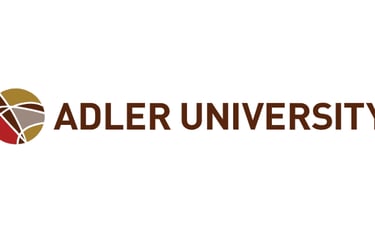

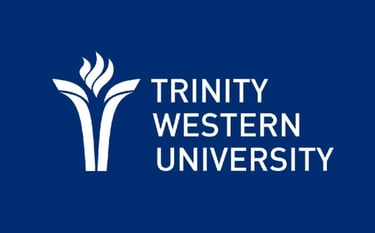

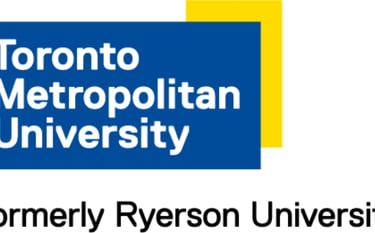

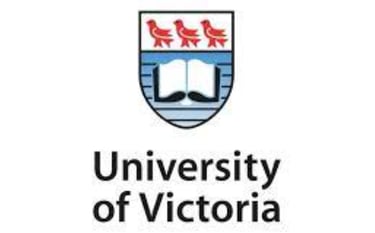

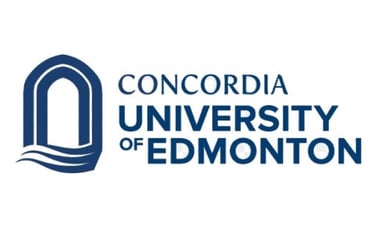

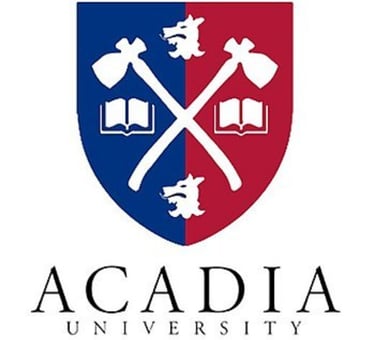

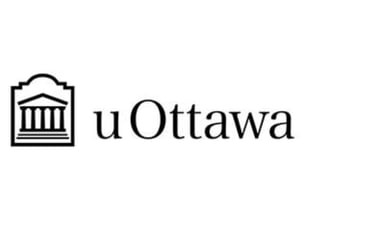

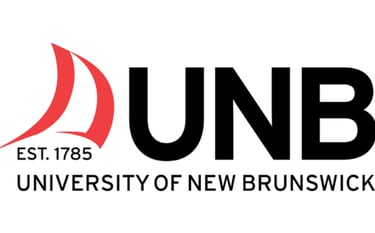

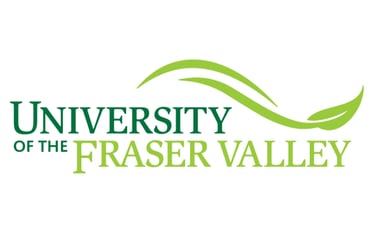

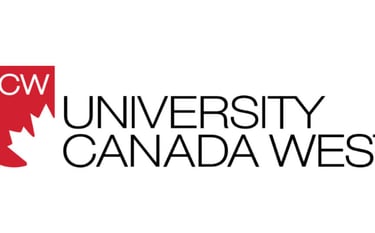

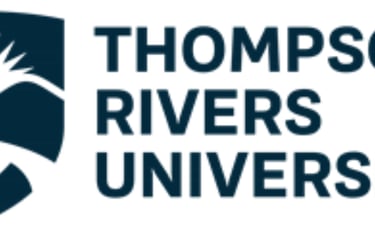



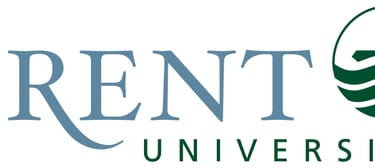


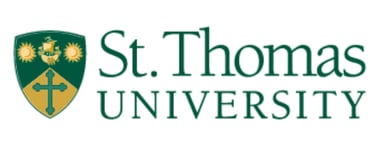

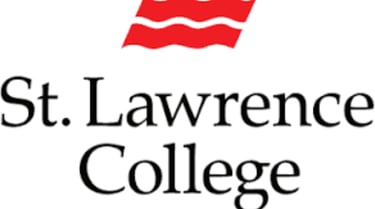

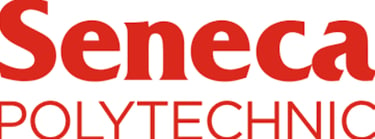

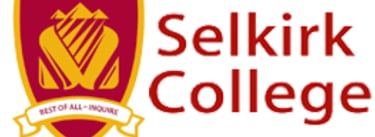

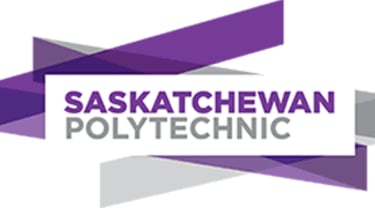

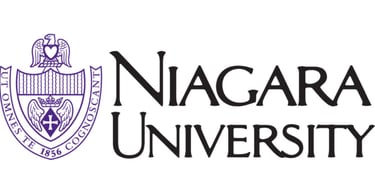

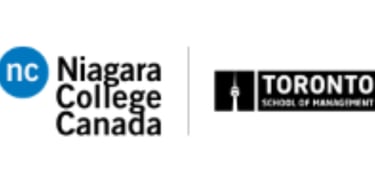
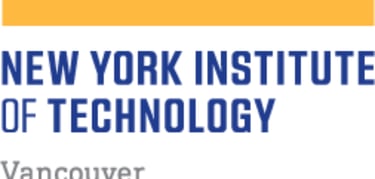

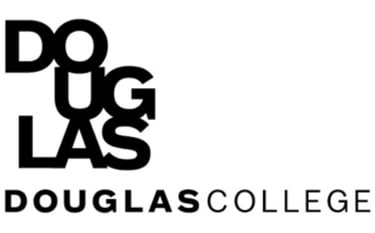

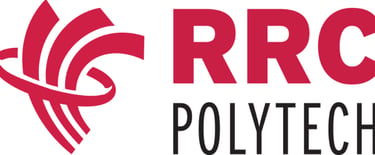



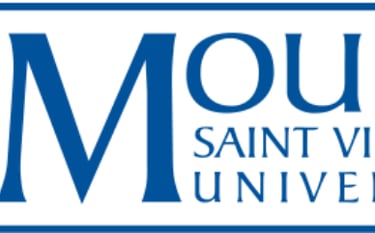
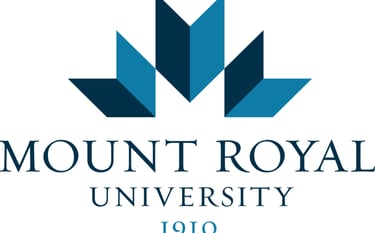



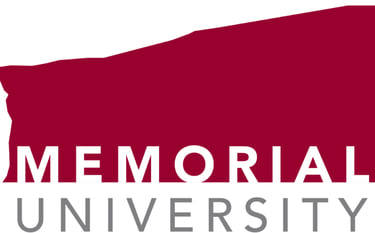

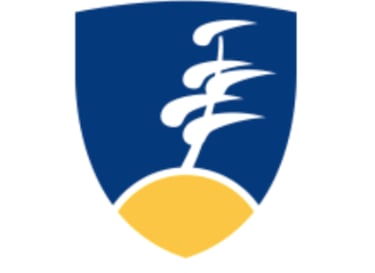

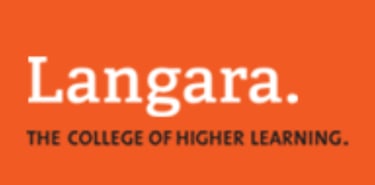

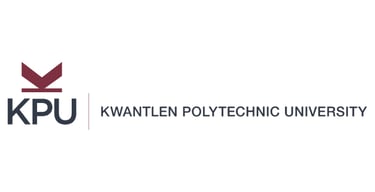

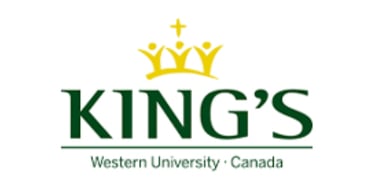

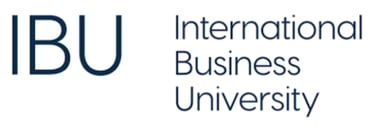

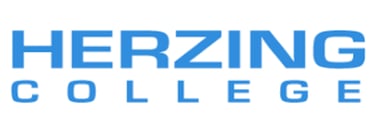
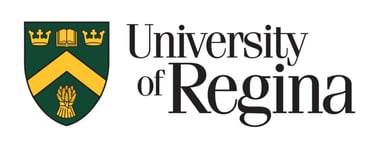

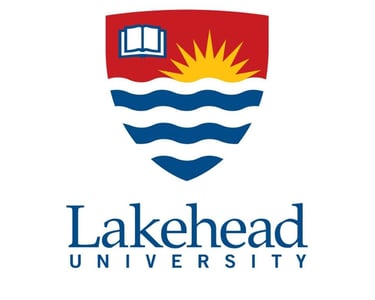

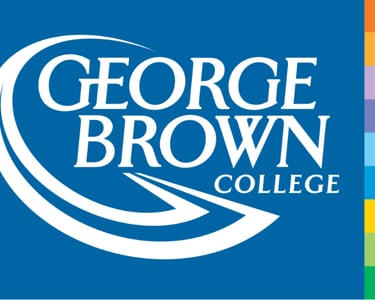


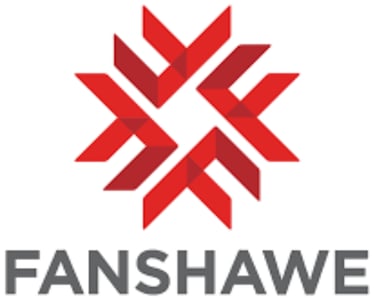

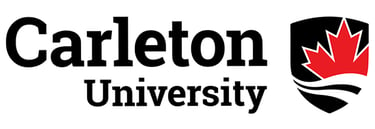

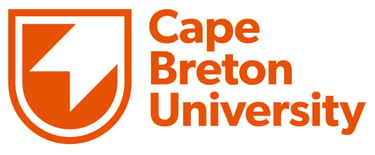

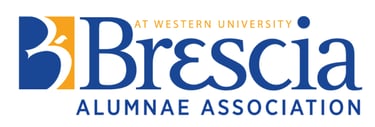

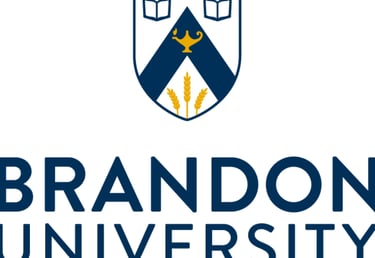


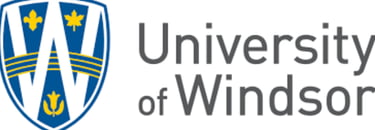



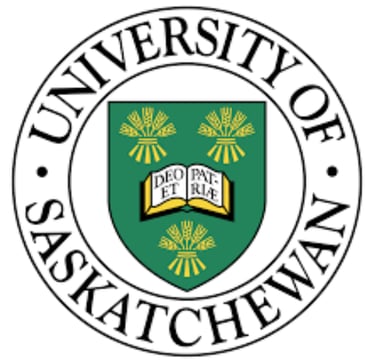

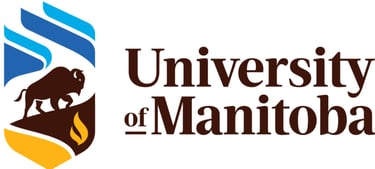


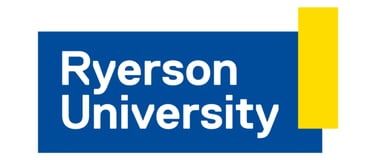
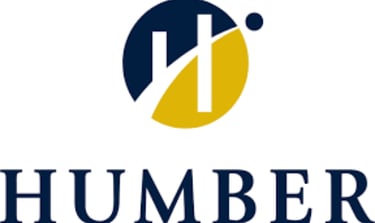

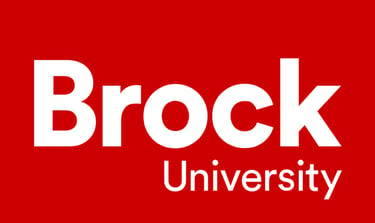

Top Universities in Canada
MEQAT STUDY CONSULTANTS
© 2024. All rights reserved.
STUDY DESTINATIONS
USEFUL LINKS
CAS Preparation
Accommodation Abroad
Work Permit After Studies
Visa Process Guide
Pre-Departure Information
Head Office!
M 1-4, Mezzanine Floor, Jeddah Centre, Raja Gahazanffar Ali Rd, Saddar, Karachi, Pakistan
ceo@meqatstudyconsultants.com
Our Offices: KARACHI | LAHORE | ISLAMABAD | Bahawalpur
